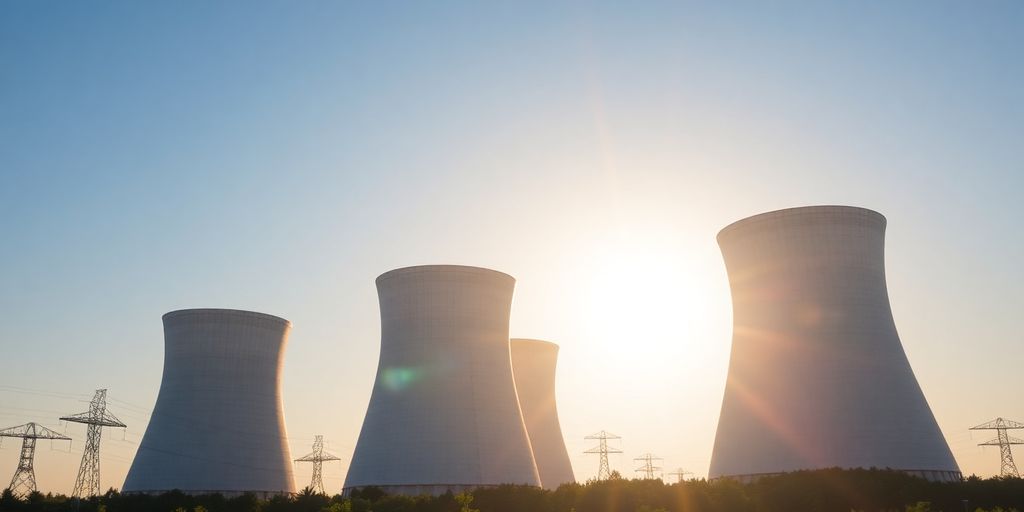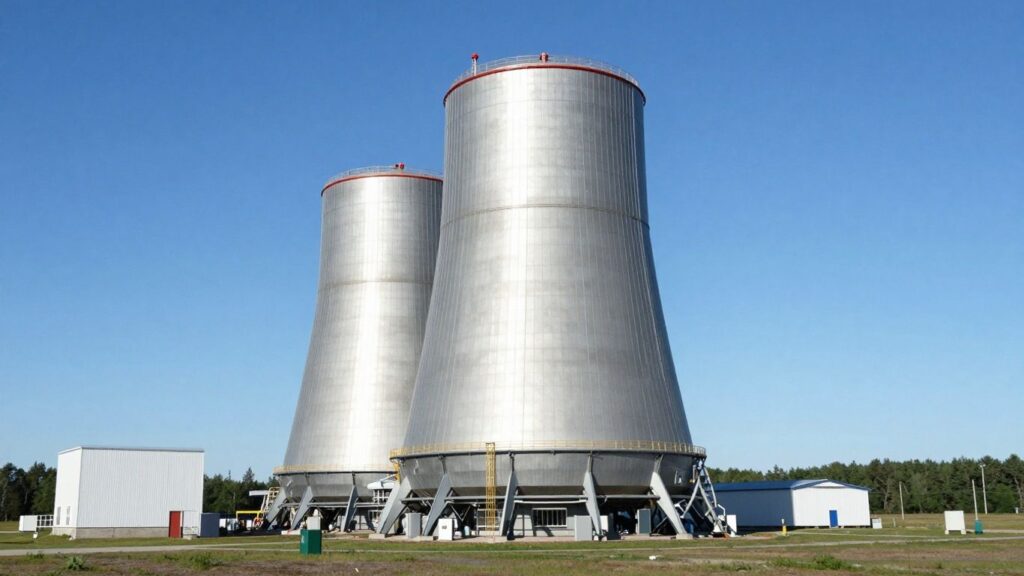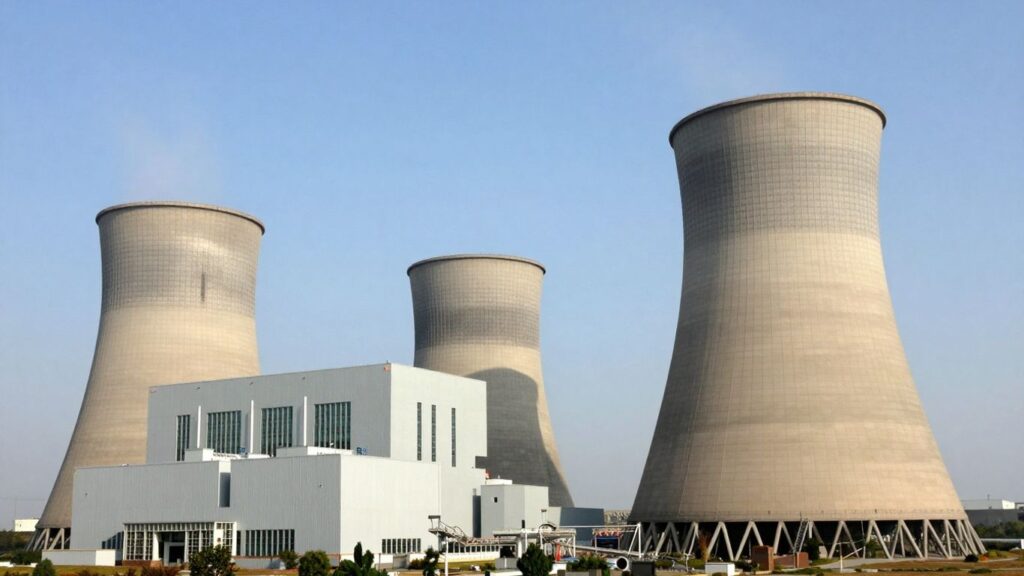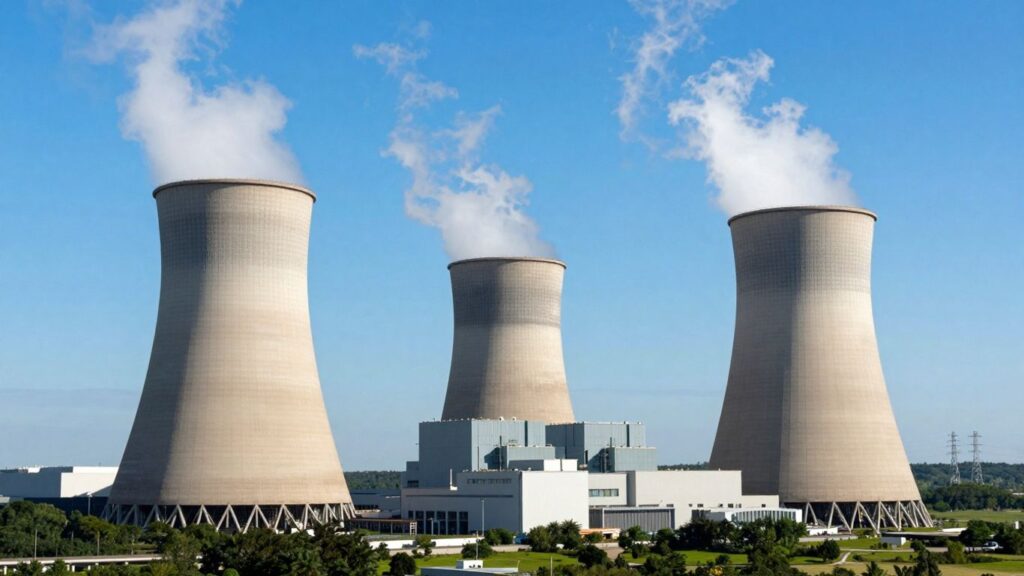International collaboration and interest in Small Modular Reactor (SMR) technology are rapidly growing, with several nations actively pursuing its development and deployment. This advanced nuclear technology promises cleaner energy, economic growth, and solutions for remote communities, though challenges related to waste disposal and safety remain under discussion.
Global Push for SMR Technology
- International Partnerships: Countries like the UK and Czechia are forming strategic partnerships to lead the global SMR market, aiming to export this technology and create high-skilled jobs. The US is also expressing readiness to fund viable nuclear projects, particularly SMRs, in countries like Türkiye.
- Canada’s SMR Roadmap: Canada is actively exploring SMR applications, with provinces like Alberta joining Ontario, Saskatchewan, and New Brunswick in a memorandum of understanding to advance nuclear energy. This initiative aims to provide power to remote communities, diversify the economy, and reduce greenhouse gas emissions.
SMRs: A New Era in Nuclear Energy
Small Modular Reactors (SMRs) represent a significant advancement over traditional nuclear reactors. Unlike conventional reactors that generate around 800 megawatts, SMRs typically produce between 200 to 300 megawatts. Their smaller size allows for easier transportation via truck, ship, or train, and they are touted as being safer and producing less nuclear waste.
Economic and Environmental Benefits
Proponents highlight the potential for SMRs to accelerate emission reductions and contribute to net-zero goals. The Canadian market for this energy is estimated at $10 billion, with the global market reaching $150 billion. Alberta’s involvement is seen as crucial due to its rich uranium resources in the Athabasca Basin and its skilled workforce.
Addressing Concerns and Future Outlook
Despite the optimism, concerns regarding nuclear waste disposal and national security persist. Critics point to the long-term dangers of radioactive waste and the potential for materials to be diverted for nefarious purposes. While Canada is working on a permanent nuclear waste repository, the Nuclear Waste Management Organization is engaging with communities to find suitable sites. Furthermore, the use of enriched uranium in some SMR designs raises questions about criticality accidents. The development of SMR technology is still in its early stages, with global availability expected within the next decade. Despite these challenges, the drive towards cleaner energy sources is fueling significant international interest and investment in SMRs.
Sources
- Alberta signs on to help develop nuclear reactor technology, CBC.
- US ready to fund viable nuclear energy projects in Türkiye: Official, Hürriyet Daily News.
- Nuclear industry pitching small modular nuclear reactors for the north, APTN News.
- UK and Czechia to lead global race on small modular reactors, GOV.UK.












